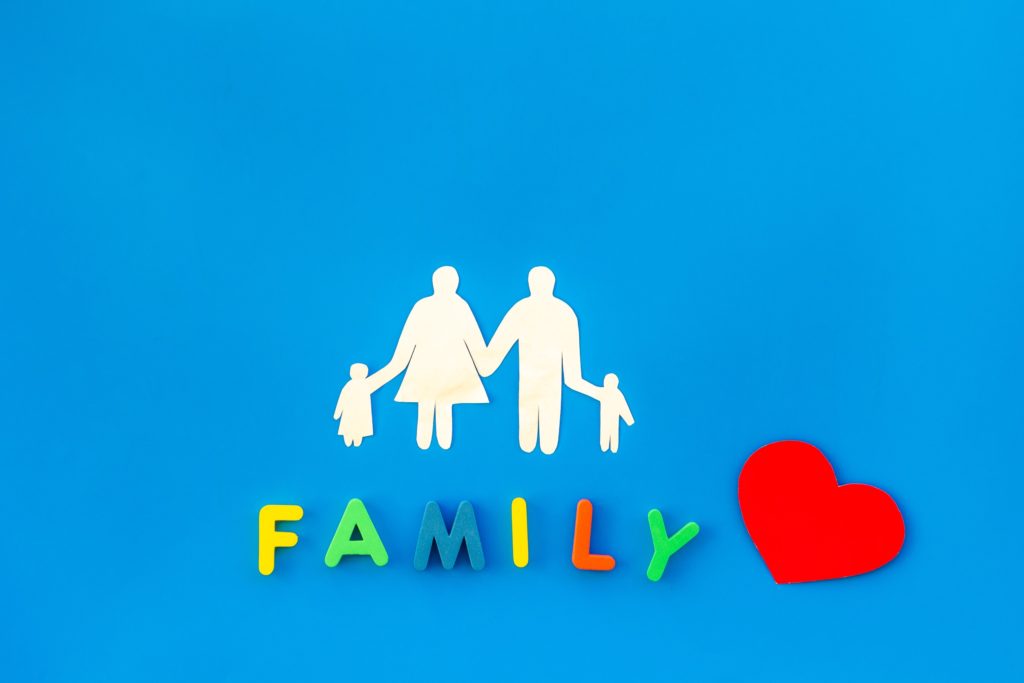
Understanding how “active efforts” are determined is crucial in the context of tribal adoptions, especially under the Indian Child Welfare Act (ICWA). Under this law, the state must demonstrate efforts to prevent the breakup of the Native American family, as well as that those efforts were unsuccessful before the adoption of a child into a family outside of their tribe.
What Are Active Efforts?
These requirements are intensive, and purposeful actions that social services or child welfare agencies must undertake to support the reunification of a family before considering the placement of a child outside of their home.
The Indian Child Welfare Act protects the best interests of native children and the stability and security of tribes. It mandates that agencies make active efforts to provide services and programs to prevent the breakup of the family. Additionally, the efforts must be culturally appropriate, taking into account the unique values and customs of the Native American community.
How Active Efforts are Determined
When evaluating active efforts in a tribal adoption, courts will examine several factors. These factors ensure that the child welfare agency or social services have met the stringent requirements of the ICWA:
- Engagement with the Family: The agency must make concerted efforts to engage the child’s parents and extended family members. This includes frequent contact with the family, attempts to understand their needs, and involvement in the decision-making process.
- Support Services: Active efforts include offering support services addressing the issues that led to the involvement of child welfare services. This could involve providing counseling, substance abuse treatment, parenting classes, or other services that help the family overcome challenges.
- Documentation: Agencies must document all efforts made to support the family and keep the child within their home.
- Avoiding Removal: Before considering the removal of the child, the agency must have exhausted all alternatives. This includes efforts to place the child with extended family members or within the tribal community.
- Involvement of the Tribe: The tribe must be active in the case from the beginning. The agency should notify the tribe, seek input, and collaborate with them in providing support to the family.
The judge will carefully review the documentation provided by the child welfare agency, consider testimony from the parties involved, the best interests of the child, and evaluate whether the efforts made were sufficient under the law. However, if the court finds that active efforts didn’t occur, it may refuse the adoption outside of the tribe.
Tulsa Tribal Adoption Attorneys
Active efforts are a cornerstone of the Indian Child Welfare Act, ensuring that children remain connected to their culture, tribe, and family whenever possible. In a tribal adoption, determining active efforts involves a thorough examination of the actions taken by child welfare agencies to support and preserve the family.
In cases involving the ICWA, it is important to understand active efforts and work with legal professionals and the tribe. Contact our team at Tulsa Divorce Attorneys & Associates by calling 539-302-0303 or go online to learn more.
